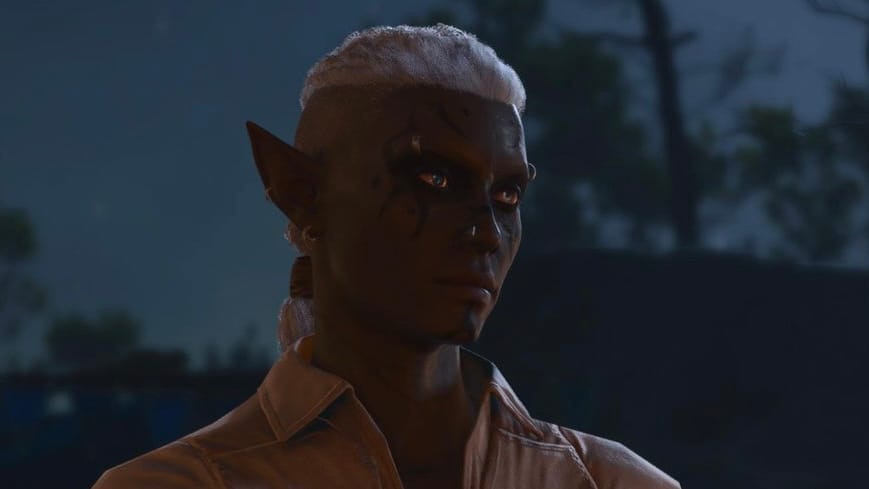Some Great Questions from Tour
A few interesting questions from the various events that I wanted to share. Not questions from Touraine.

Hello beautiful people,
In my last newsletter, I promised that I would share a few answers to some of the amazing questions I was asked while on tour for Fate’s Bane and The Sovereign. There were so many good ones and lots I took notes on, so others may make an appearance. As always, you can drop other questions you have down below and I’ll put them in a question box to pull out when I can.
In the meantime, enjoy!
This post is for subscribers only
Already have an account? Sign in.
